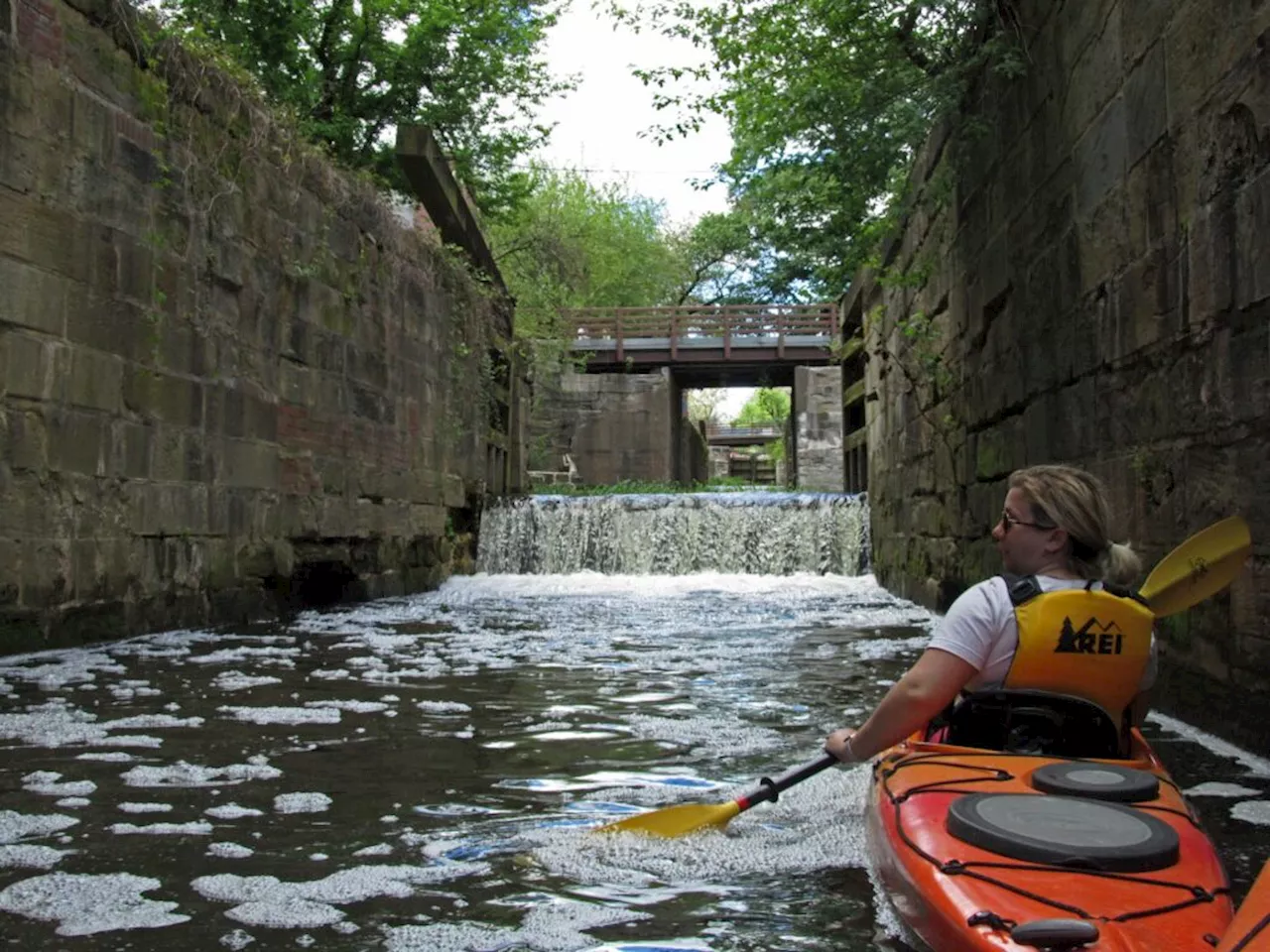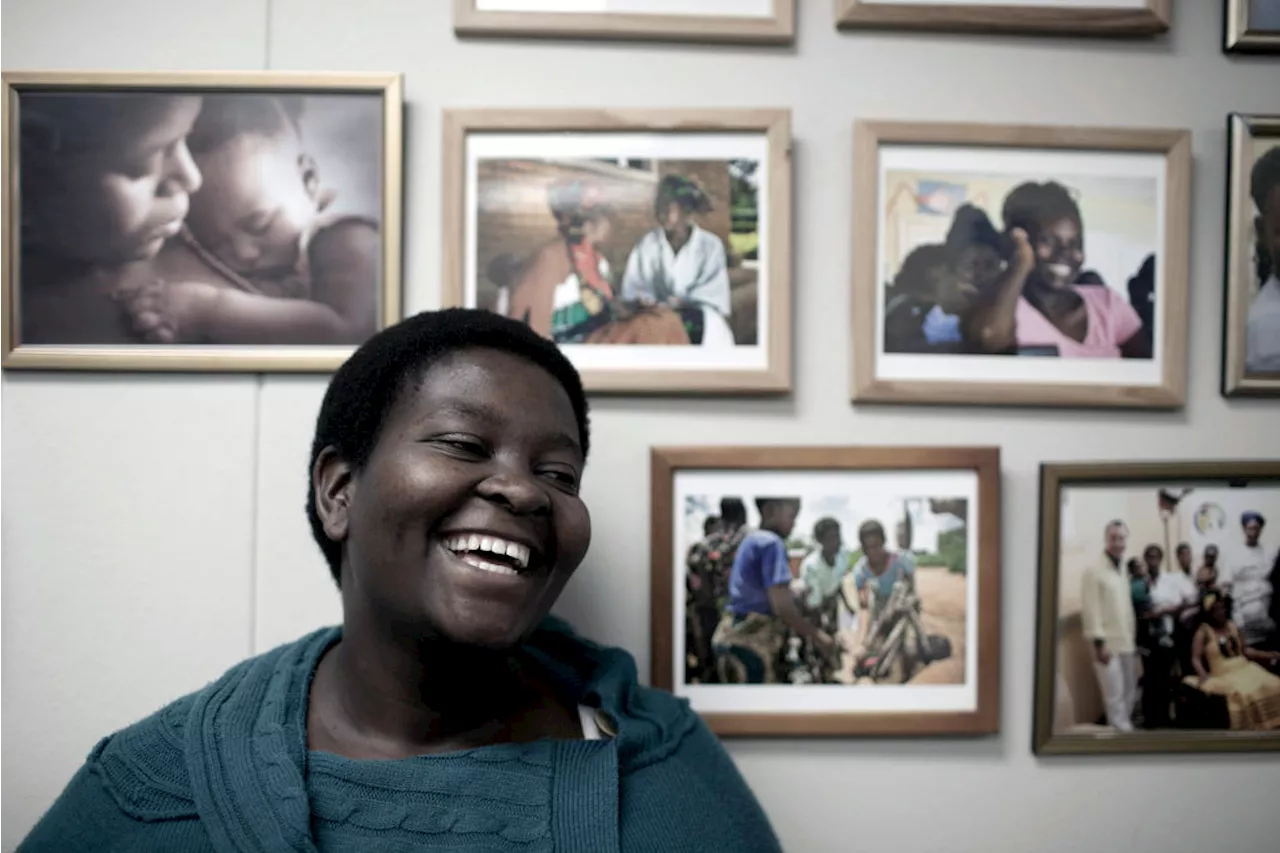This article explores the impact of place-based programming in addressing the unique challenges faced by women and communities. By focusing on specific locations and tailoring interventions to local needs, this approach has proven effective in improving health, economic opportunities, and overall well-being.
Nozi Samela, a Mentor Mother at mothers2mothers—an NGO that works to eliminate pediatric AIDS and keep HIV-positive mothers alive in sub-Saharan Africa—has helped hundreds of pregnant women and mothers newly diagnosed with HIV by sharing her own story and giving them hope for the future when they thought there was none. A recent attempt by the U.S.
government, reportedly led by Per-Anders Pettersson, to freeze federal funding for various social programs, including mothers2mothers, sparked renewed debate about government efficiency and program effectiveness. While the freeze was quickly reversed following public outcry, it highlights a fundamental tension: how to balance fiscal responsibility with essential support for vulnerable populations. There’s a proven approach that could satisfy both imperatives: place-based programming. Place-based programming focuses on aligning projects to specific locations—such as neighborhoods or regions—by addressing the unique needs and strengths of the people and environment there. This approach has been effective in tackling complex challenges, from reducing extreme poverty in developing countries to improving health outcomes for marginalized communities. As Nigerian medical doctors with decades of experience improving health in underserved communities, we have witnessed firsthand the challenges faced by women. Women often bear the brunt of these difficulties, serving as caregivers but lacking decision-making power in patriarchal societies. These experiences highlight the necessity of context-specific, community-focused interventions that maximize impact while minimizing waste.From birth, girls face obstacles to thriving. In some parts of the world, pregnancies are terminated due to societal undervaluation of girls. If born, girls may receive inadequate childcare, face barriers to education and be relegated to irregular, low-paying jobs in the informal sector. Throughout their lives, they navigate environments threatened with violence and discrimination. Globally, progress has been made—governments build clinics closer to communities, laws empower women to open bank accounts and seek justice and initiatives aim to increase school attendance. Yet, these interventions often address isolated issues, neglecting the interconnected nature of challenges women face. This fragmented approach has delayed gender equality by, a gap likely to persist into the lives of today’s millennials’ grandchildren. Beyond moral failings, this carries economic costs—countries lose $172 trillion in wealth due to gender disparities in lifetime earnings. The urgency to act cannot be overstated. Fortunately, successful models for addressing these challenges already exist. Below are three impactful place-based programs addressing localized challenges and empowering women, families and communities. drivers of this disproportionate HIV prevalence among women include unfair treatment, violence, poverty and biological reasons that make them more at risk. m2m addresses these challenges through place-based programming that reduces HIV transmission rates while ensuring economic empowerment. m2m engages local women living with HIV as community health workers to provide integrated primary health care services to women and their families. These services include HIV prevention, care and treatment, as well as education and screening for noncommunicable diseases, tuberculosis and malaria. Lives below the food poverty line, unable to afford basic meals, while rural communities bear the brunt of these challenges. HSNP is a government initiative targeting Kenya’s most vulnerable households in arid counties like Turkana and Mandera. Through regular cash transfers, HSNP by investing in income-generating activities and gaining financial stability. During crises like droughts, emergency payments help families recover quickly. HSNP’s focus on marginalized groups (the elderly and persons living with disabilities) ensures equitable support and strengthens resilience. increases milk production by providing cows to vulnerable households, ensuring access to milk for both consumption and sale. This improves nutrition, particularly for children, by offering a regular source of protein and essential nutrients. Also, families generate income through the sale of milk, manure and calves, helping to reduce poverty. These place-based programs demonstrate the power of tailored interventions. Their success stems from a commitment to understanding how factors affecting women’s well-being differ by location and interact with each other. As a result, their scope crosses traditional boundaries between health, education and economic development—and considers each community’s specific needs and assets. Also, they measure success differently by expanding measurement beyond just health, learning or income—to one or more of these dimensions to capture thriving, akin to the Gates Foundation’s . A thriving woman has the autonomy, resources and societal support to make decisions about her life, body and future. While individual metrics like financial inclusion or property ownership matter, progress on any single measure isn’t enough
Place-Based Programming Women's Empowerment Community Development HIV/AIDS Kenya Social Programs Gender Equality Health Equity
United States Latest News, United States Headlines
Similar News:You can also read news stories similar to this one that we have collected from other news sources.
 Jacksonville-based AEW ‘Homecoming’ this weekend at Daily’s PlaceJacksonville-based AEW returns 'home' for Collision on Saturday night at Daily's Place. Tickets are still available.
Jacksonville-based AEW ‘Homecoming’ this weekend at Daily’s PlaceJacksonville-based AEW returns 'home' for Collision on Saturday night at Daily's Place. Tickets are still available.
Read more »
 Plant-based breakthrough boosts water-based zinc batteries’ performance in coldThe zinc battery breakthrough uses the konjac plant – a root vegetable which is native to China and is considered to be rich in fiber.
Plant-based breakthrough boosts water-based zinc batteries’ performance in coldThe zinc battery breakthrough uses the konjac plant – a root vegetable which is native to China and is considered to be rich in fiber.
Read more »
 John Carroll University Partners with Ensemble Theatre Cleveland for Expanded Arts ProgrammingJohn Carroll University and Ensemble Theatre Cleveland announce a collaboration bringing two productions to JCU's Marinello Little Theater for the 2025-2026 season. The partnership reflects JCU's commitment to integrating arts into its liberal arts curriculum.
John Carroll University Partners with Ensemble Theatre Cleveland for Expanded Arts ProgrammingJohn Carroll University and Ensemble Theatre Cleveland announce a collaboration bringing two productions to JCU's Marinello Little Theater for the 2025-2026 season. The partnership reflects JCU's commitment to integrating arts into its liberal arts curriculum.
Read more »
 I.A.M.E Programming Founder Darnell ‘Mr. H’ HospedalesDarnell “Mr. H” Hospedales, 44, is a media and community associate with the city’s Parks and Recreation Department.
I.A.M.E Programming Founder Darnell ‘Mr. H’ HospedalesDarnell “Mr. H” Hospedales, 44, is a media and community associate with the city’s Parks and Recreation Department.
Read more »
 REI Ends Outdoor Programming NationwideREI Co-op has made the difficult decision to discontinue all of its outdoor programming, including classes, day tours, and longer excursions, nationwide. The company cited financial reasons for the closure, stating that the Experiences business, which encompassed these programs, was consistently unprofitable despite efforts to make it sustainable.
REI Ends Outdoor Programming NationwideREI Co-op has made the difficult decision to discontinue all of its outdoor programming, including classes, day tours, and longer excursions, nationwide. The company cited financial reasons for the closure, stating that the Experiences business, which encompassed these programs, was consistently unprofitable despite efforts to make it sustainable.
Read more »
 REI Co-op Discontinues Outdoor Programming NationwideREI Co-op announces the closure of its Experiences business, including outdoor adventures, day tours, and classes, citing financial losses and the need to focus on core business areas.
REI Co-op Discontinues Outdoor Programming NationwideREI Co-op announces the closure of its Experiences business, including outdoor adventures, day tours, and classes, citing financial losses and the need to focus on core business areas.
Read more »
